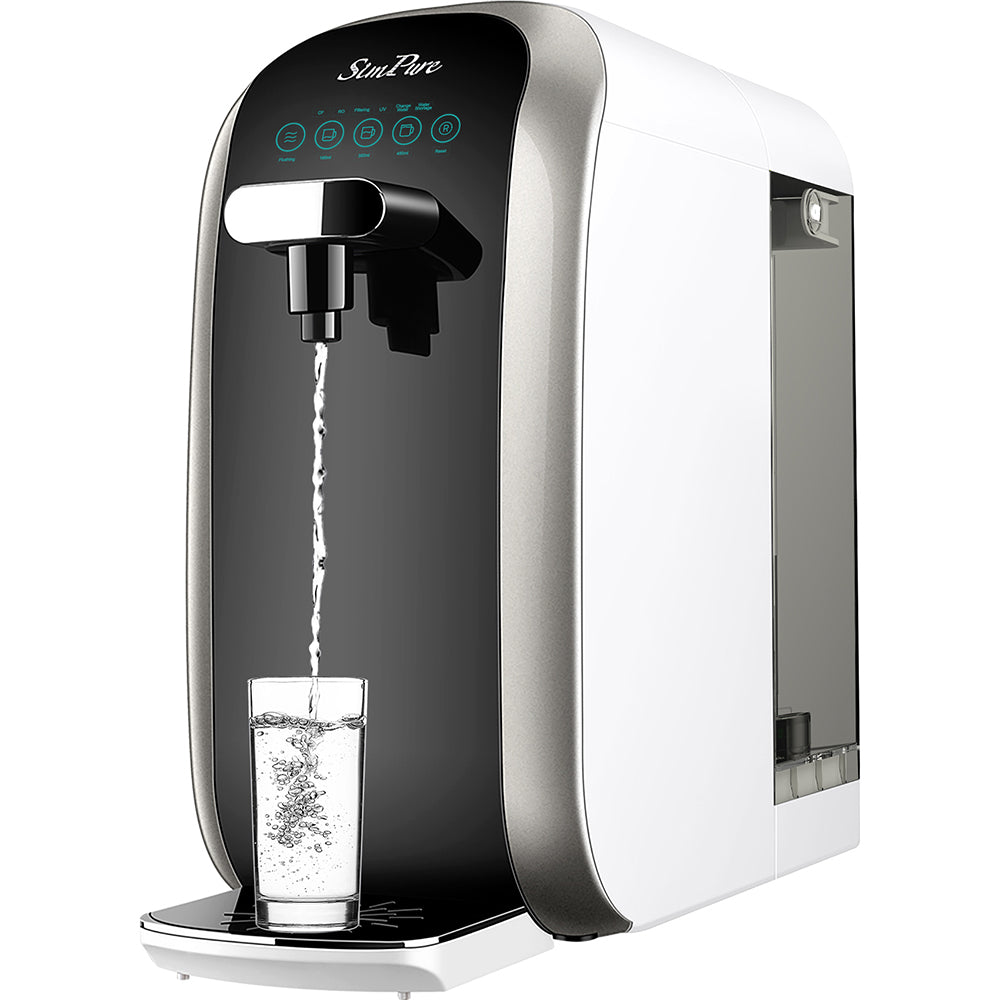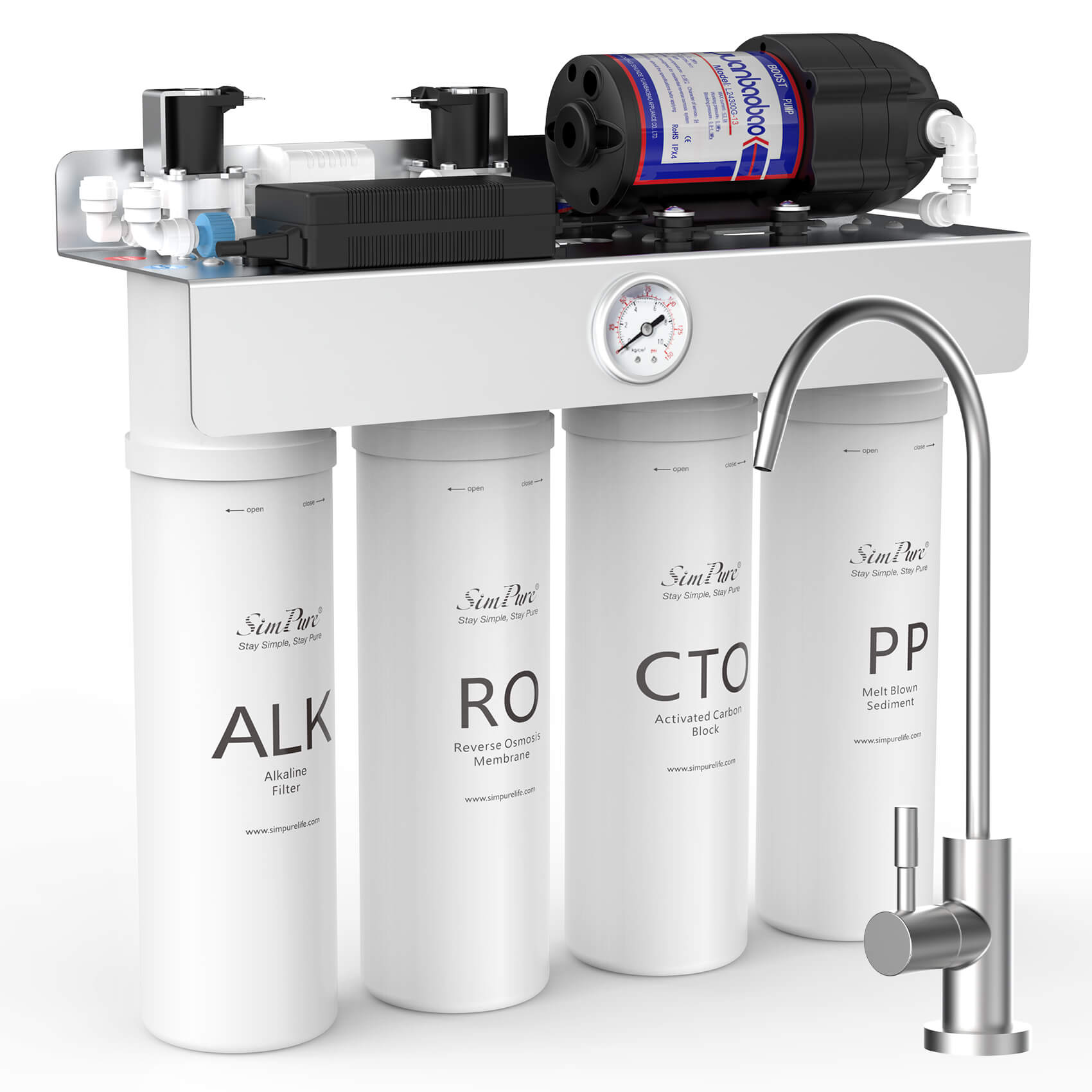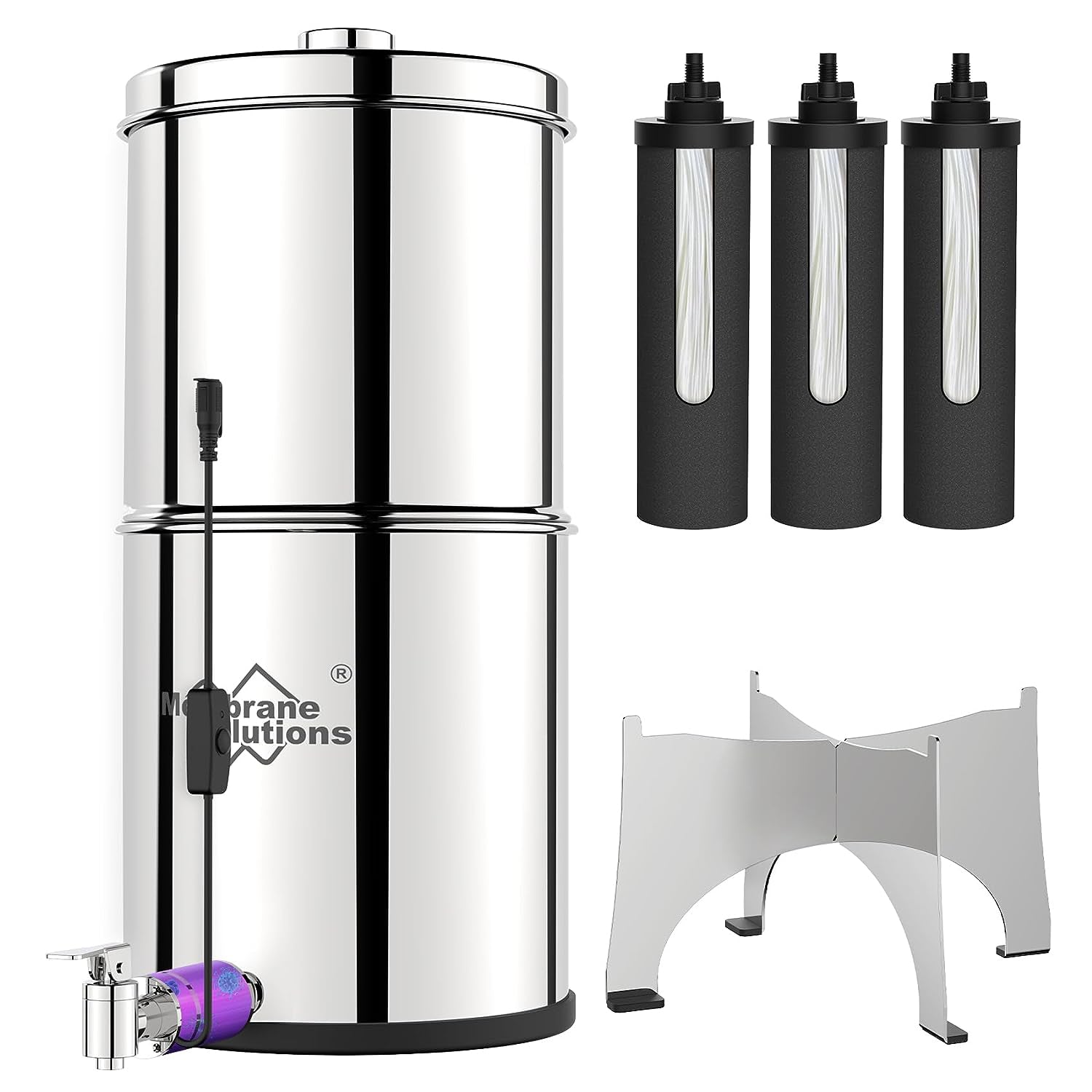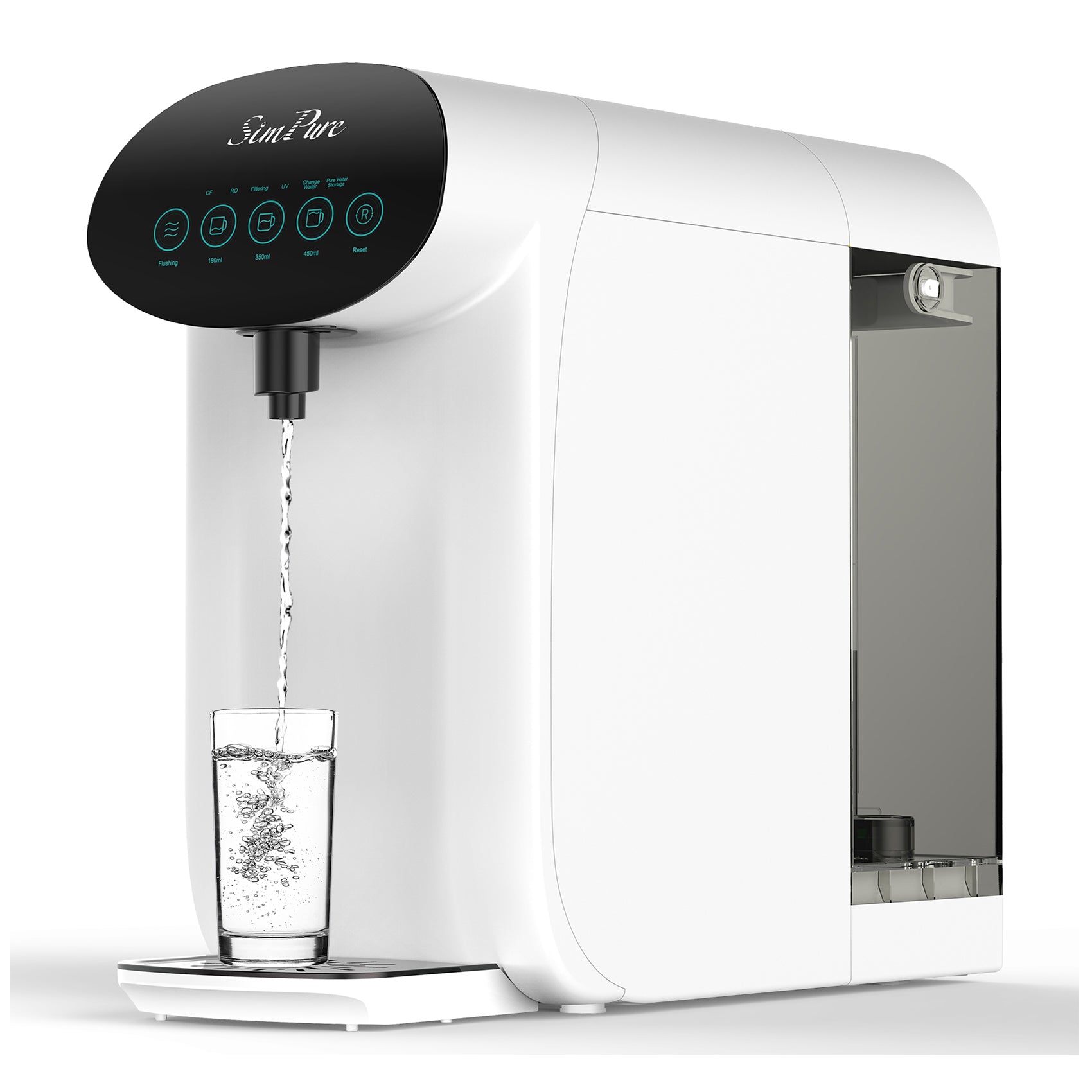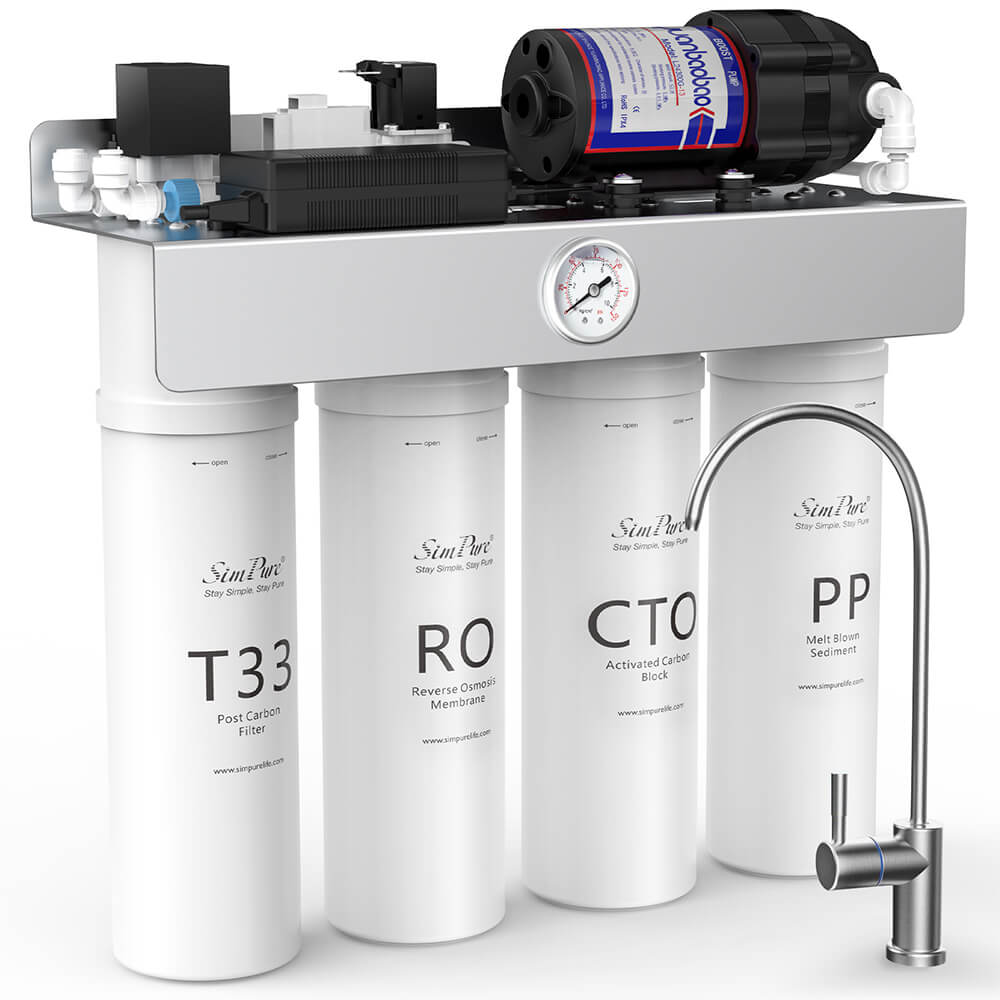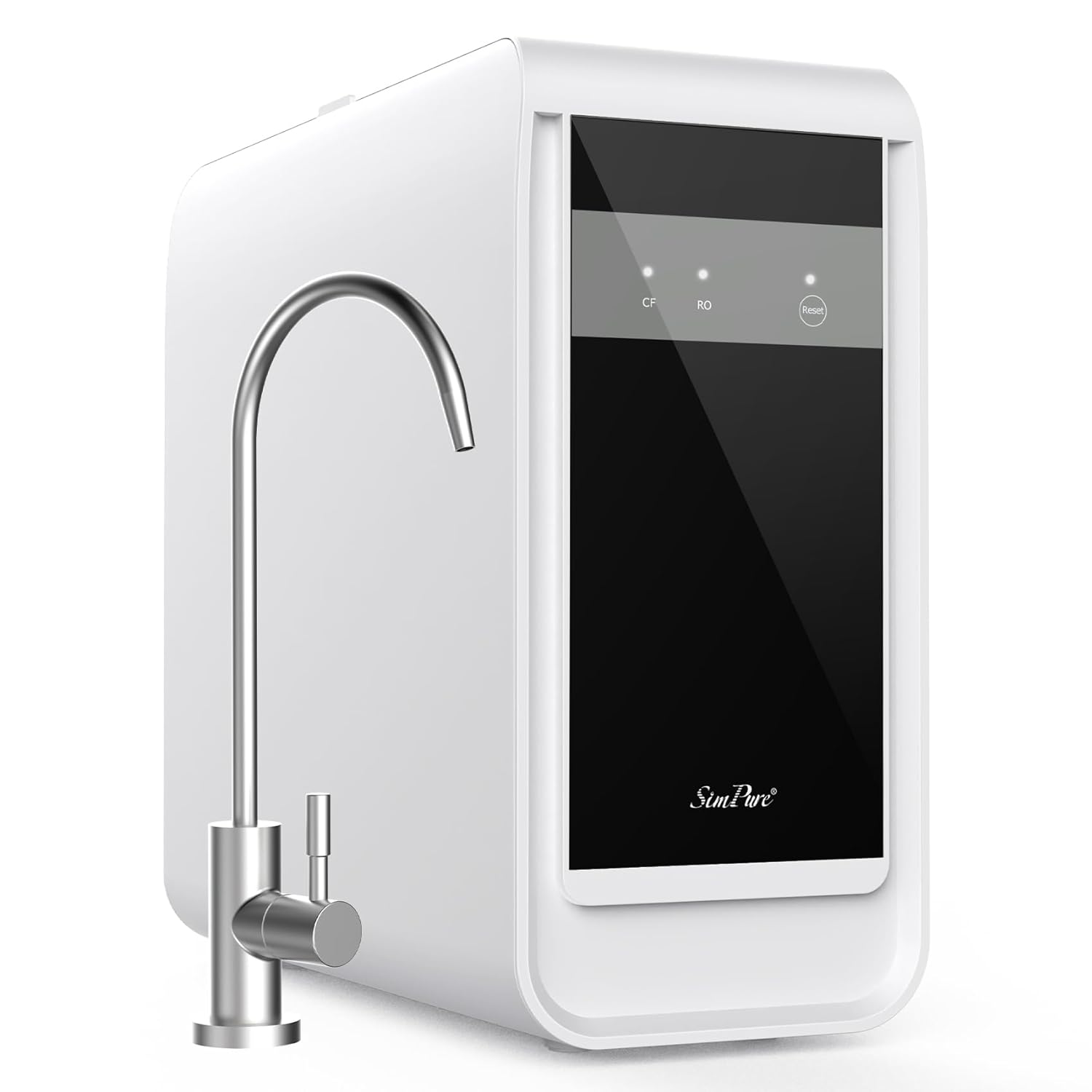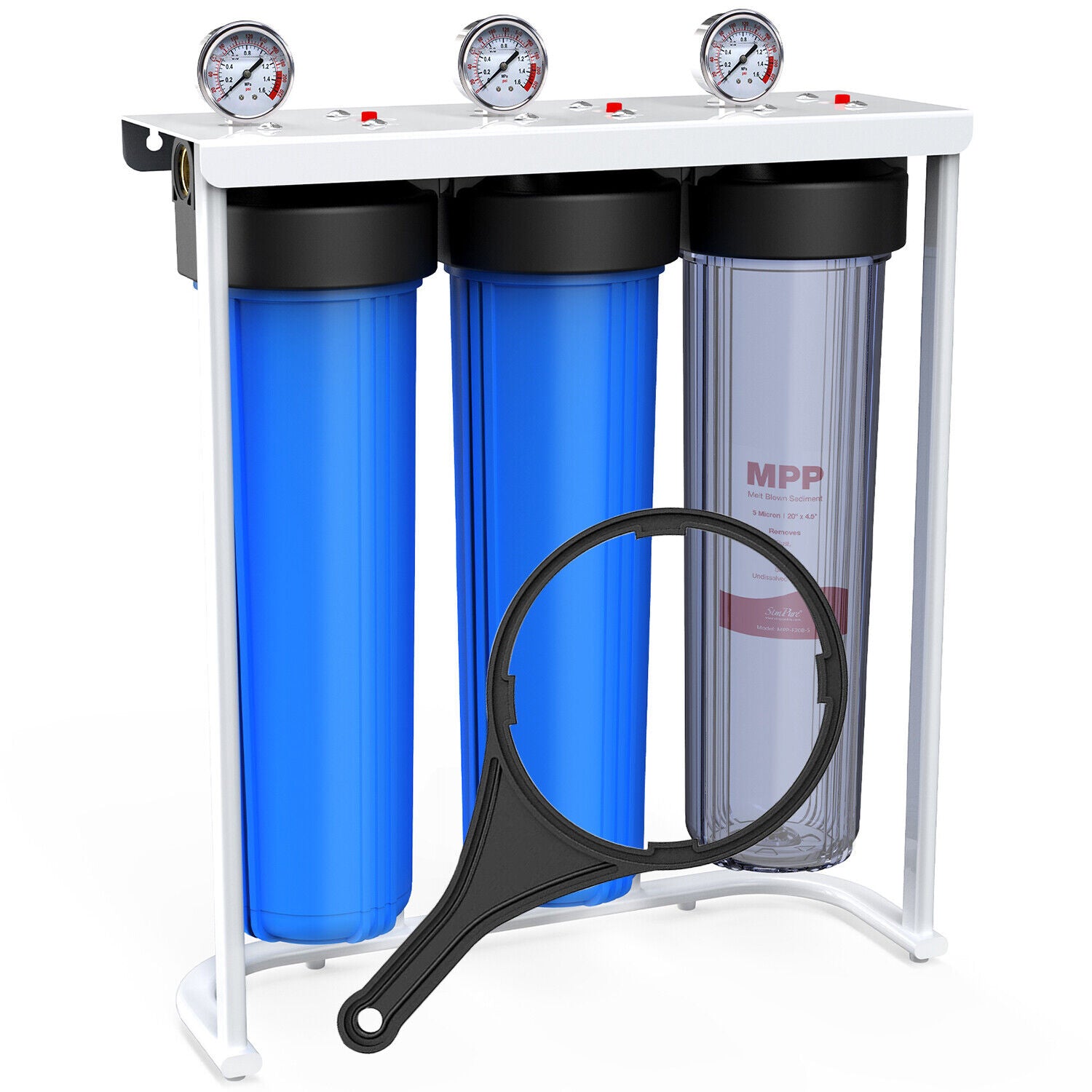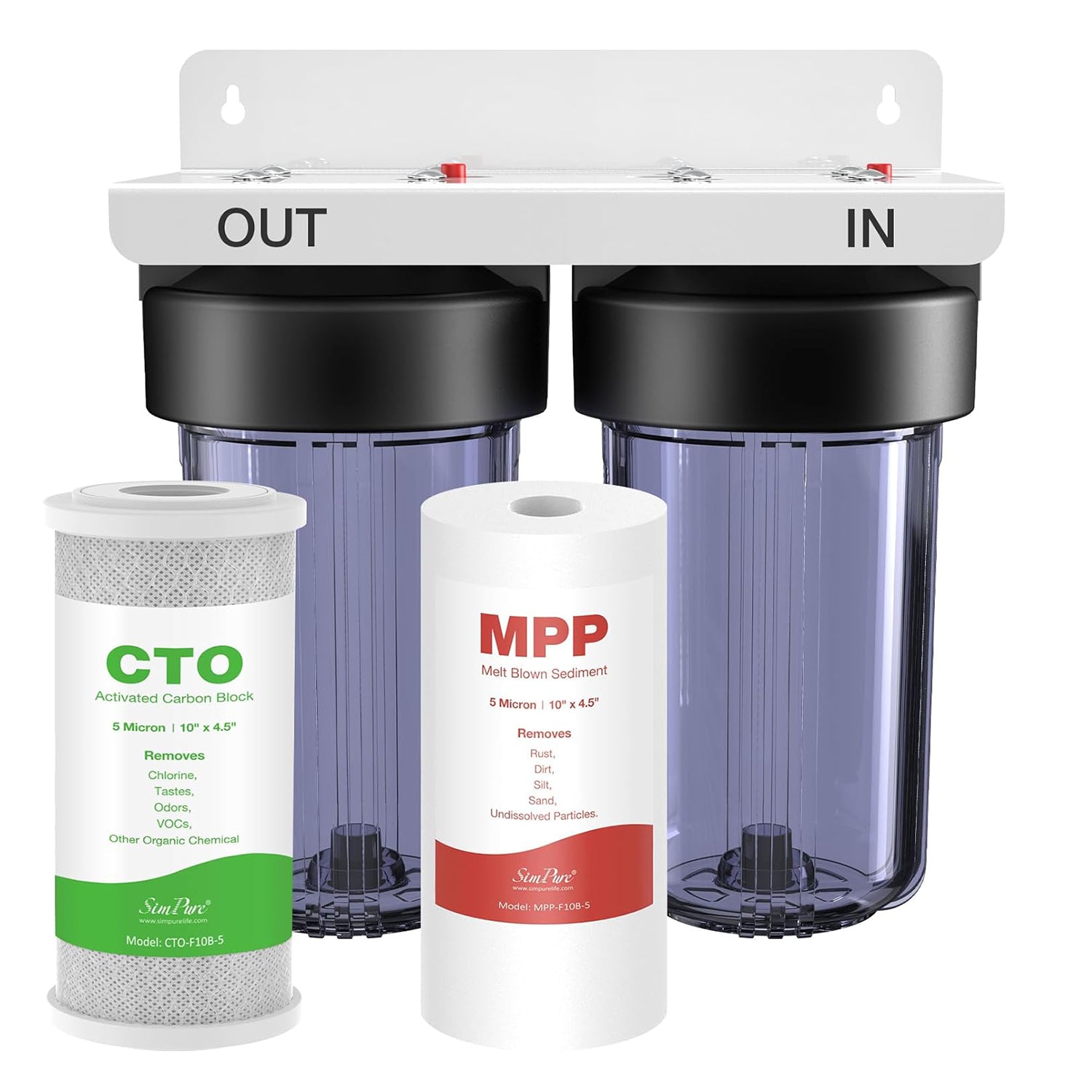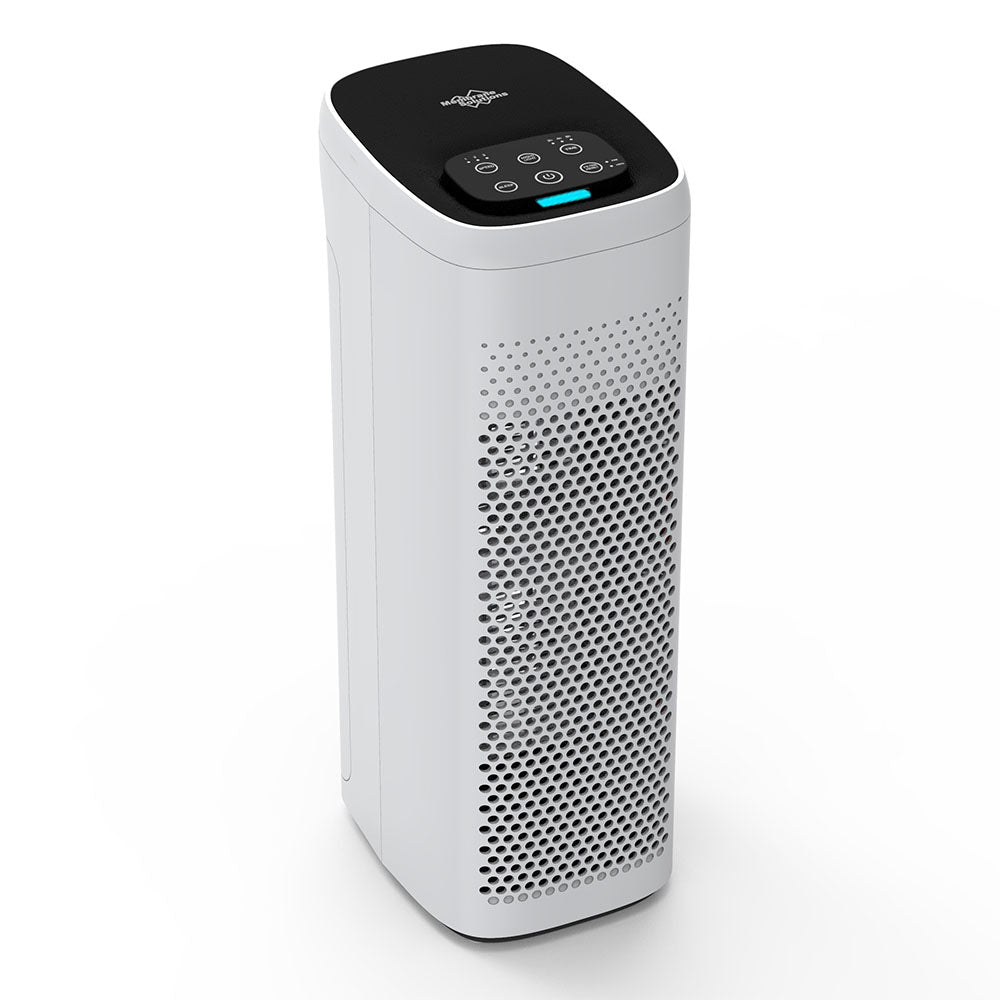In recent years, air purifiers have become increasingly popular as a crucial tool for maintaining clean and healthy indoor air. With a growing emphasis on safety in people's lives, inquiries about the safety of these devices have arisen, with a common question being, do air purifiers emit radiation? In this article, we will explore the topic of whether and why air purifiers emit radiation. We'll explore the diverse types of air purifiers available in the market and thoroughly examine their safety aspects, empowering you to make an informed decision for a healthier living environment.
Table of Contents
Air Purifiers Produce a Safe, Small Amount of EMF Radiation.
Brief Introduction: What Is EMF Radiation?
Does Membrane Solutions Air Purifier Give Off Radiation?
Actually, Radiation Is Quite Common in Our Everyday Lives.
So, What Is the Safest Type of Air Purifier?
Air Purifiers Produce a Safe, Small Amount of EMF Radiation.
Indeed, air purifiers typically emit safe and low levels of electromagnetic field (EMF) radiation. The primary sources of electromagnetic fields in air purifiers are the motors and fans responsible for circulating the air and filtering out pollutants. These components generate low-frequency EMF, which is generally considered safe for human exposure. Additionally, as air purifiers are often positioned farther away from people, the intensity of EMFs decreases significantly with distance from the source, thereby reducing potential exposure. Furthermore, air purifiers are designed to operate at low power levels, with their motors and fans emitting relatively weak EMF compared to other electronic devices like microwave ovens or smartphones.
Brief Introduction: What Is EMF Radiation?

Electromagnetic field (EMF) radiation is the energy produced by the movement of charged particles, such as electrons. It falls into the category of non-ionizing radiation, which sets it apart from ionizing radiation that includes X-rays and gamma rays. EMF radiation takes various forms, including radio waves, microwaves, infrared radiation, visible light, ultraviolet (UV) rays, and more. The electromagnetic spectrum encompasses a wide range, stretching from extremely low frequency (ELF) radiation used in electrical wires and household appliances to high-frequency radiation like radio waves for communication, microwaves for cooking, and ultraviolet rays from the sun.
Does Membrane Solutions Air Purifier Give Off Radiation?
Yes, like most other air purifiers, Membrane Solutions air purifiers do emit radiation; however, the amount they emit is safe and minimal, posing no harm to your health. It's important to recognize that we encounter various sources of radiation in our daily lives. All electronic products generate some form of radiation, but for most electronic devices, the radiation emitted is non-ionizing and not harmful.

Actually, Radiation Is Quite Common in Our Everyday Lives.
In our daily lives, we encounter various sources of radiation, including, but not limited to:
1. Electromagnetic radiation: Electromagnetic field radiation is produced by electrical appliances, electronic equipment, and communication devices, such as mobile phones, microwave ovens, TVs, computers, air purifiers, and more. Our SimPure Y7 water filter dispenser also emits electromagnetic radiation, but the under sink RO water purifier does not, as it doesn't require a power source connection.
2. Ultraviolet radiation: We are exposed to ultraviolet radiation from the sun, and prolonged exposure may lead to issues such as skin cancer and skin aging.
3. Particle radiation: This type of radiation originates from natural radioactive elements in the air, such as radon and uranium. Additionally, it may come from radioactive isotopes used in medical diagnosis and treatment.
4. Infrared radiation: Heat sources like stoves and the sun emit infrared radiation, and prolonged exposure can cause dryness and aging of the skin.
5. Visible light radiation: Light sources such as incandescent lamps and the sun emit visible light radiation, which generally has a minimal impact on the human body. However, excessive exposure may lead to eye fatigue and vision loss.
While certain forms of ionizing radiation can be harmful to living tissues and cells, EMF radiation, classified as non-ionizing radiation, is generally considered safe at low levels.
So, What Is the Safest Type of Air Purifier?
1. Negative Ion Air Purifier
Negative ion purification technology air purifiers are designed to remove particulate matter from the air by attaching negative ions to them, making them heavier and causing them to settle. However, during the air purification process, these purifiers can produce ozone. When the ozone concentration reaches a certain level, it can potentially stimulate the human heart and lungs and even compromise the functioning of the human immune system.
2. Ultraviolet Sterilizing Air Purifier
Ultraviolet technology air purifiers are highly effective in killing bacteria, viruses, and other microorganisms, which helps minimize the spread of airborne diseases and infections. However, their efficacy is limited to targeting microbes, and they might not be as effective at removing other airborne particles like dust or allergens. It's important to note that these purifiers produce radiation, which can potentially damage the skin. And the ultraviolet light causes the photolysis of oxygen in the air, leading to the formation of oxygen atoms that further react with oxygen to create ozone.
3. Electrostatic Air Purifier
Electrostatic air purifiers are indeed effective at trapping larger particles, such as dust and pet dander, but they have a drawback in that they inevitably produce ozone. This occurs due to the high-voltage discharge technology employed in these purifiers, which decomposes oxygen molecules into O atoms that later combine with O2 molecules to form ozone (O3).
4. HEPA Air Purifier
When comparing air purifiers, HEPA air purifiers offer several advantages. They are highly effective at trapping particles as small as 0.3 microns, which includes dust, pollen, pet dander, and even some bacteria and viruses. Additionally, HEPA purifiers do not produce harmful by-products like ozone. SimPure air purifier utilizes a 3-in-1 filter element, consisting of a pre-filter, an H13 true HEPA filter, and an activated carbon filter, effectively filtering out pollen, pet dander, cigarette smoke, kitchen smoke, bacteria, dust, and more. Moreover, SimPure MS600 HEPA air purifier designed for large rooms ensures an ozone-free environment by eliminating toxic ozone to less than 1 ppb, providing a safe and ozone-free space.
Among the different types of air purifiers, HEPA air purifiers stand out for their effectiveness in trapping small particles, and their ability to remove harmful particles without producing ozone.
In conclusion, it's important to note that air purifiers do emit radiation, but the levels are generally safe and minimal. Electromagnetic field (EMF) radiation, stemming from the movement of charged particles, takes various forms, and most electronic devices emit non-ionizing radiation, which poses no harm at low levels. And when considering an air purifier, HEPA air purifiers stand out as particularly advantageous, effectively capturing small particles such as dust, pollen, pet dander, bacteria, and viruses, without producing harmful by-products like ozone. SimPure aims to provide you with valuable insights into air purifiers and assist you in selecting a more suitable option for your needs.




